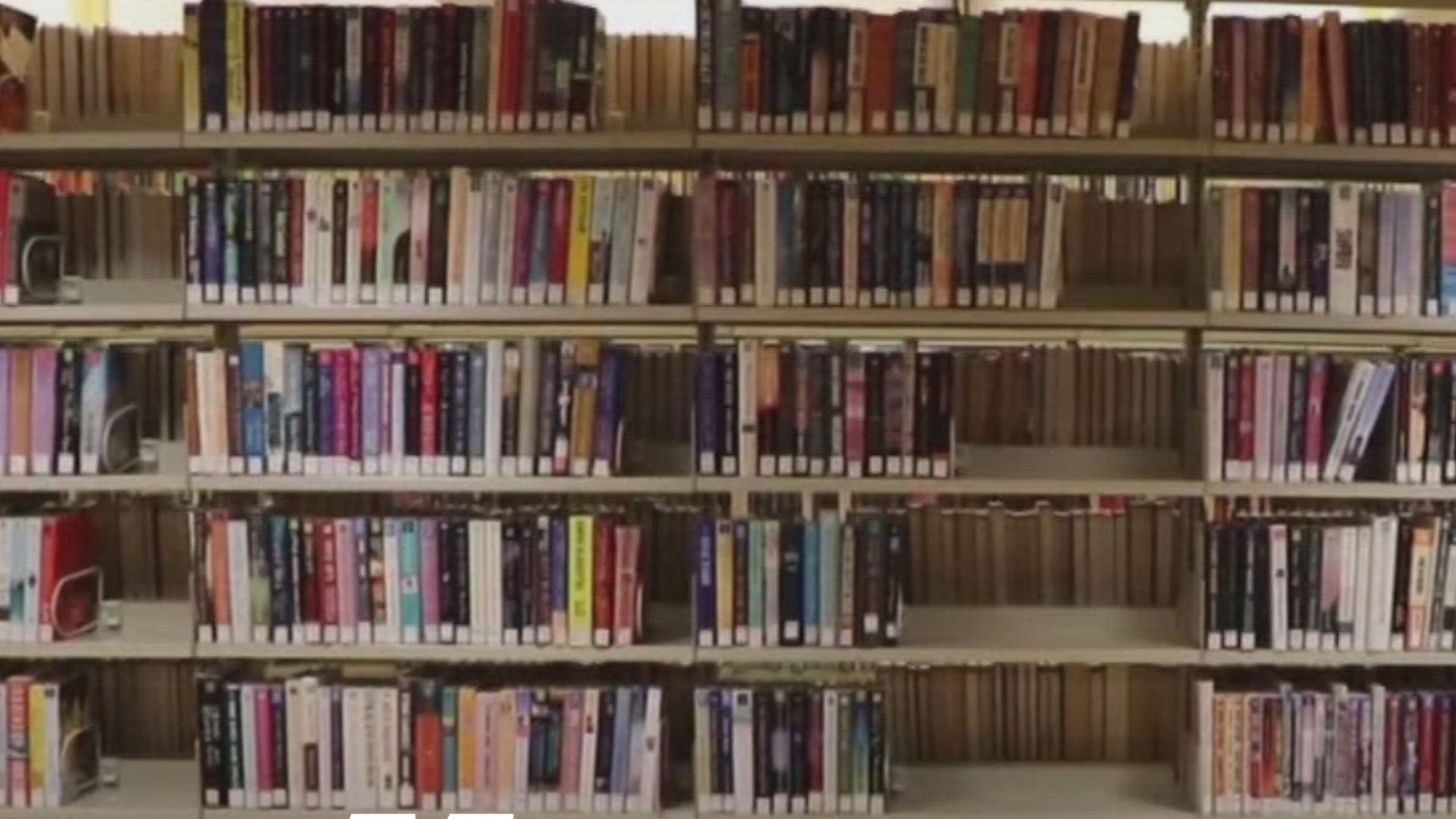North Little Rock, Arkansas – In a decision that has drawn attention from educators and advocacy groups, the North Little Rock School District (NLRSD) announced on October 21 that it would block access to 50 LGBTQ+ books on its online reading platform, Epic Reading, according to reports from the Arkansas Advocate. The move has sparked debate over censorship, representation, and the balance between community values and student inclusivity.
A memo from NLRSD administrators, sent to elementary principals and teachers, outlined the district’s reasoning for restricting the books. “It has come to our attention that certain reading materials on the Epic Reading platform may not align with the diverse belief systems of all our school district families. To ensure that the content available to students is consistent with our community’s expectations, we are asking all staff who use the Epic Reading online library to take the following steps to hide specific books from student view,” the memo stated.
The district characterized the action as a “proactive step” intended to maintain classroom materials that are “appropriate for our students and respectful of family beliefs.” The memo also emphasized that NLRSD remains committed to a supportive learning environment, noting: “We affirm the worth and dignity of every student and family in our district and remain committed to providing learning environments where all children feel safe, accepted, and supported. We appreciate your cooperation in this matter.”
The list of books slated for removal spans a range of genres, from historical accounts to children’s picture books. Among the titles affected are:
• “Love Wins,” a book chronicling the legalization of same-sex marriage in the United States.
• Biographies of LGBTQ+ public figures such as Megan Rapinoe and Jazz Jennings.
• “The Mother of a Movement,” detailing the life of Jeanne Manford, founder of PFLAG (Parents, Families, and Friends of Lesbians and Gays).
• “Bathe the Cat,” a children’s story about household chores that features a rainbow flag on a refrigerator.
The two-page memo provided staff with step-by-step instructions for removing these titles from student view, effectively restricting access to a section of literature that educators and advocates argue is important for representation and inclusivity.
Critics of the policy argue that blocking LGBTQ+ content can limit students’ exposure to diverse perspectives and experiences, which are considered essential components of comprehensive education. Advocates for inclusive literature stress that children benefit from seeing themselves and others represented in stories, whether through historical figures, social movements, or everyday life.
Supporters of the district’s decision say the measure is meant to respect family values and community expectations. By controlling the content available on the platform, NLRSD aims to prevent conflicts between educational materials and the varied beliefs of families within the district.
The decision comes amid a broader national conversation about LGBTQ+ content in schools, with debates intensifying over curriculum, library materials, and access to literature in digital and physical formats. Many school districts across the country are grappling with similar questions about balancing inclusivity with local community standards.
While the district asserts that all students will remain “safe, accepted, and supported,” the removal of these books has already drawn attention from advocacy groups who emphasize the importance of representation in educational content. Some educators and parents worry that the action could inadvertently send a message of exclusion to LGBTQ+ students, undermining efforts to create a fully welcoming school environment.
For now, the 50 titles remain hidden from student accounts, and it is unclear whether the district plans to revisit the policy in the future or offer alternative ways for students to access these materials under supervision. As conversations about equity, family beliefs, and educational content continue, North Little Rock finds itself at the center of a complex debate over how schools can serve diverse student populations while responding to community concerns.



















